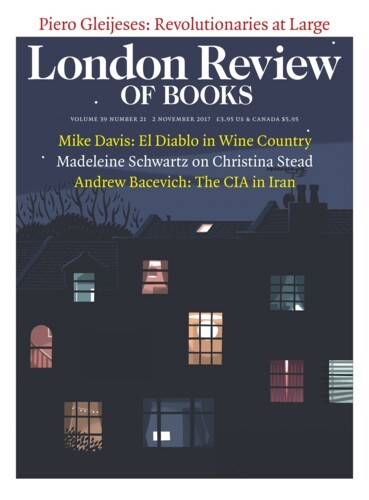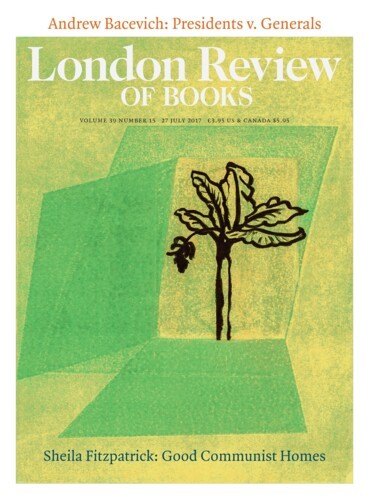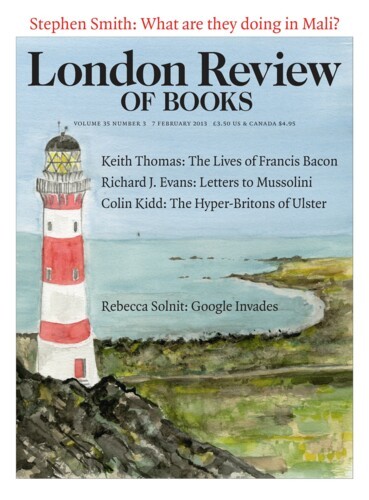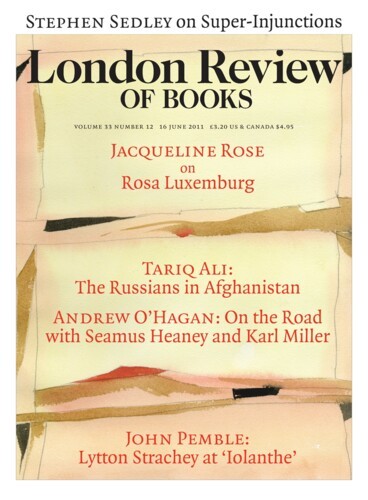A Prize from Fairyland: The CIA in Iran
Andrew Bacevich, 2 November 2017
In a narrow sense, the crisis in US-Iran relations that erupted in the early 1950s derived from three intersecting factors: oil, the end of empire and the Cold War. As Lord Ismay put it, the purpose of Nato, created in 1949, was to ‘keep the Russians out, the Americans in and Germany down’. The purpose of US policy towards Iran at the time can be reduced to a similarly neat triad: excluding Russia, showing Britain the door and keeping Iran’s government tied directly to Washington.





